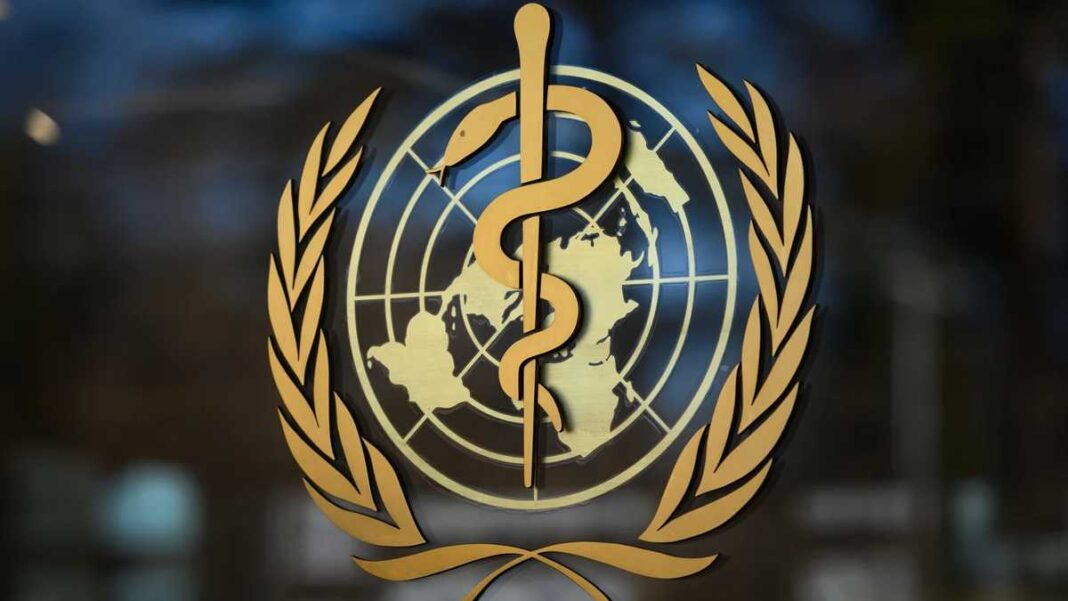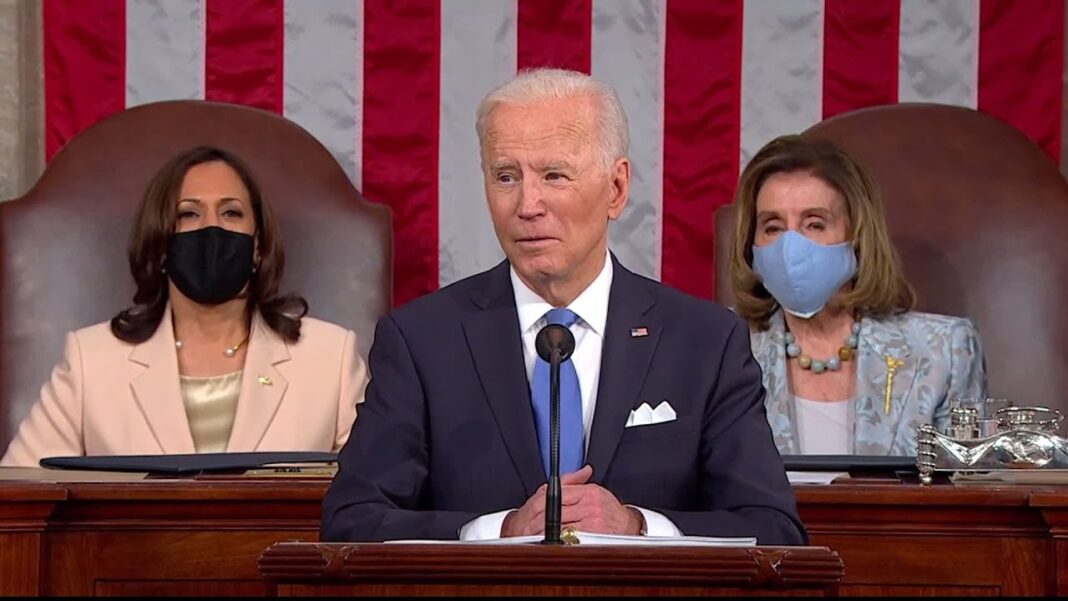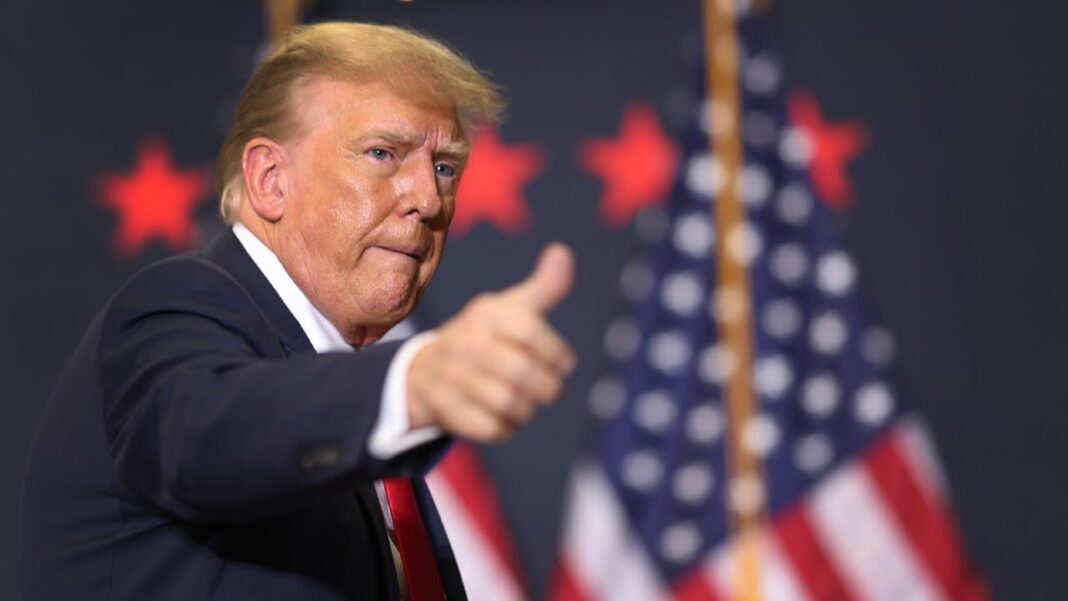In medicine, individualized treatment is being tossed in favor of centralized, checklist driven healthcare, physicians said on a panel at CPAC.
The World Health Organization is aiming to weaponize public health to advance centralized control over medicine and expand that power to anything else that it can define as a public health crisis.
During a Conservative Political Action Conference panel hosted by Jan Jekielek, a senior editor of The Epoch Times, physicians Dr. Robert Malone and Dr. Brooke Miller explained what they see as a plan to expand the centralization of medicine.
“This appears to be a power grab,” Dr. Malone, who hosts the EpochTV show “Fallout,” said during the event at the Gaylord National Resort & Convention Center in Fort Washington, Maryland, on Feb. 24.
While the WHO and its director-general, Tedros Adhanom Ghebreyesus, deny it, Dr. Malone said the WHO, an agency of the United Nations, is proposing an international treaty that would allow the WHO to establish treatment norms and define a public health crisis “for anything they wish.”
He said this power could be used to tell the United States what to do about matters such as energy, carbon dioxide emissions, firearms, and abortion.
“Everything falls under public health as an issue, and then they will have the authority to mandate what nation-states shall do in response to those public health emergencies,” Dr. Malone said.
States that object, he said, would be subject to potential sanctions or other actions if they don’t follow the WHO’s directives. Dr. Malone argued that this is an unconstitutional action because the federal government isn’t granted public health authority under the U.S. Constitution.
“This goes all the way down to the level of the WHO being able to stipulate what medical products or procedures you receive, what vaccines you take, what medicines you’re allowed to take,” he said.
“This is centralized medicine on a global scale.”
Both Dr. Malone and Dr. Miller lamented the shift away from patient-driven medicine toward what they called checklist medicine.
During the COVID-19 pandemic, both physicians saw how the medical world rejected the research of novel ideas and treatments for the disease and instead followed the orders of the top public health authorities.






